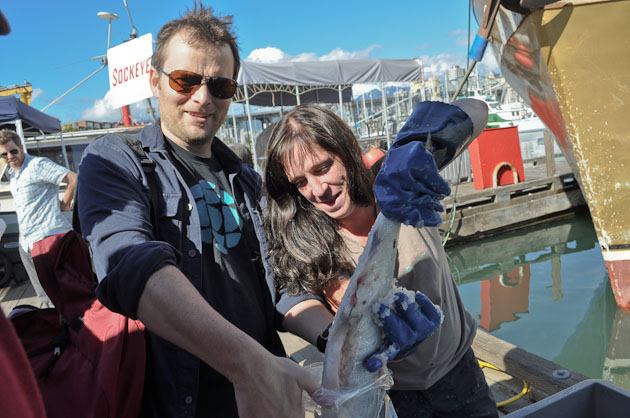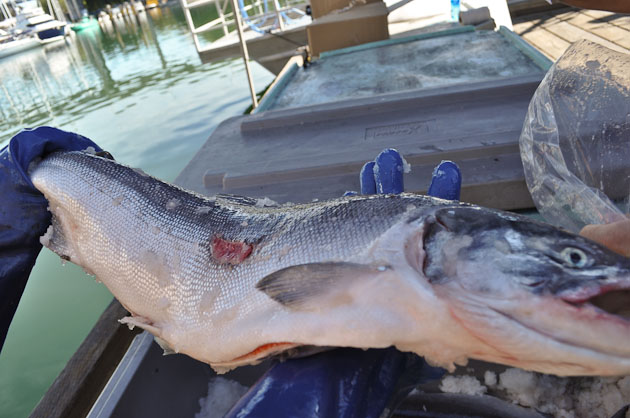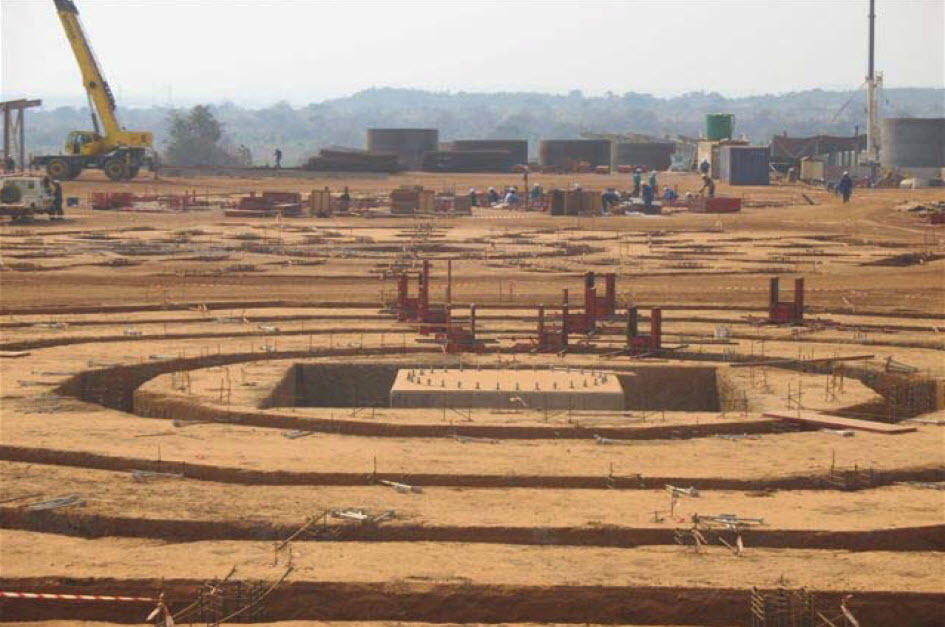The Adjective for Integrity
While writing the preceding post I discovered that I didn’t know what the adjective for having integrity was. Integral? No.
So I went looking and discovered that
- there is no adjective for integrity
- there is a project to make one.
The proposed word is integrious.
![[Presidential campaign button with portraits of Abraham Lincoln and Hannibal Hamlin] (LOC) [Presidential campaign button with portraits of Abraham Lincoln and Hannibal Hamlin] (LOC)](http://hughstimson.org/wp/wp-content/uploads/2010/12/3253744148_892263cdb0_o_640.jpg)




 Kolwezi mine,
Kolwezi mine, 